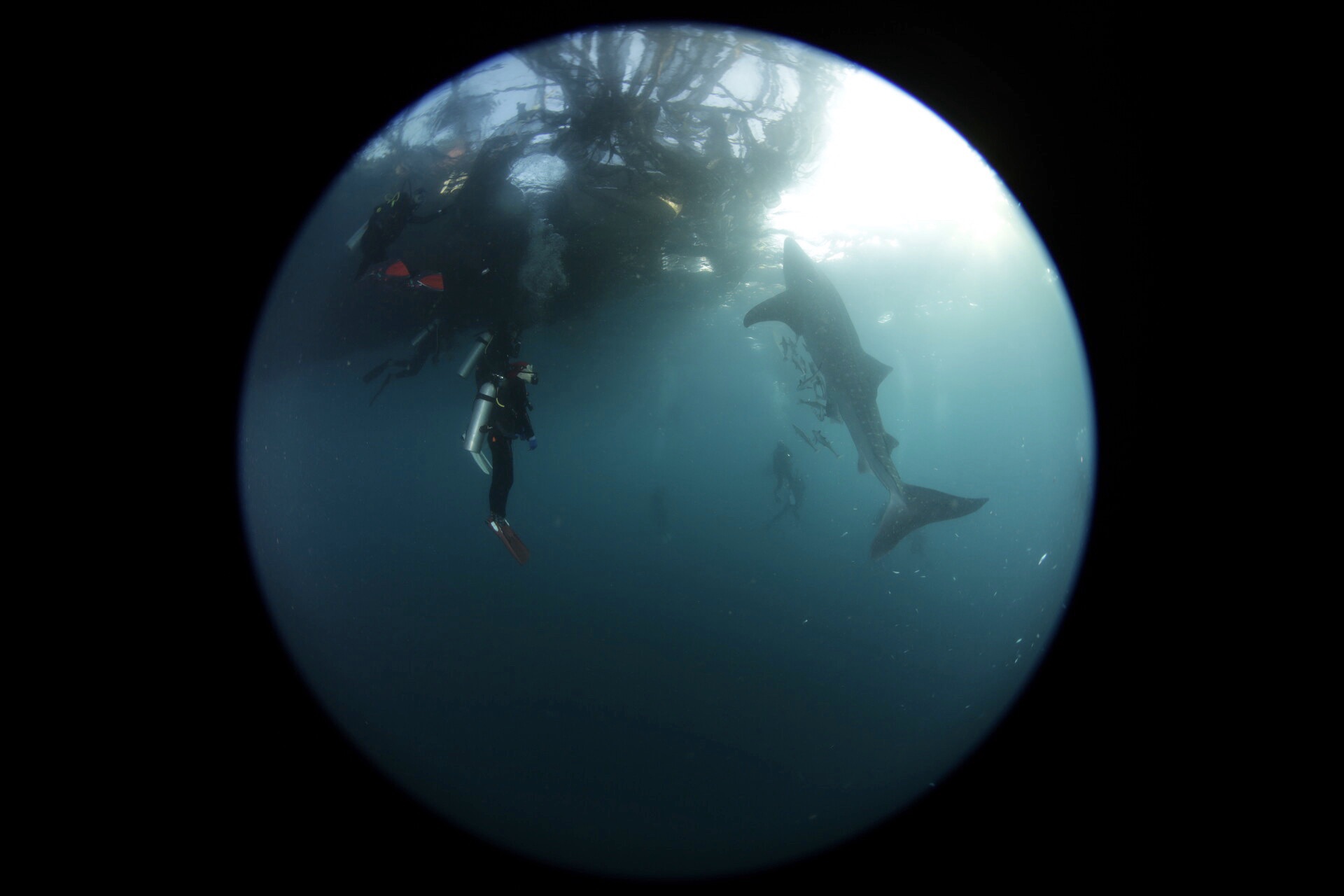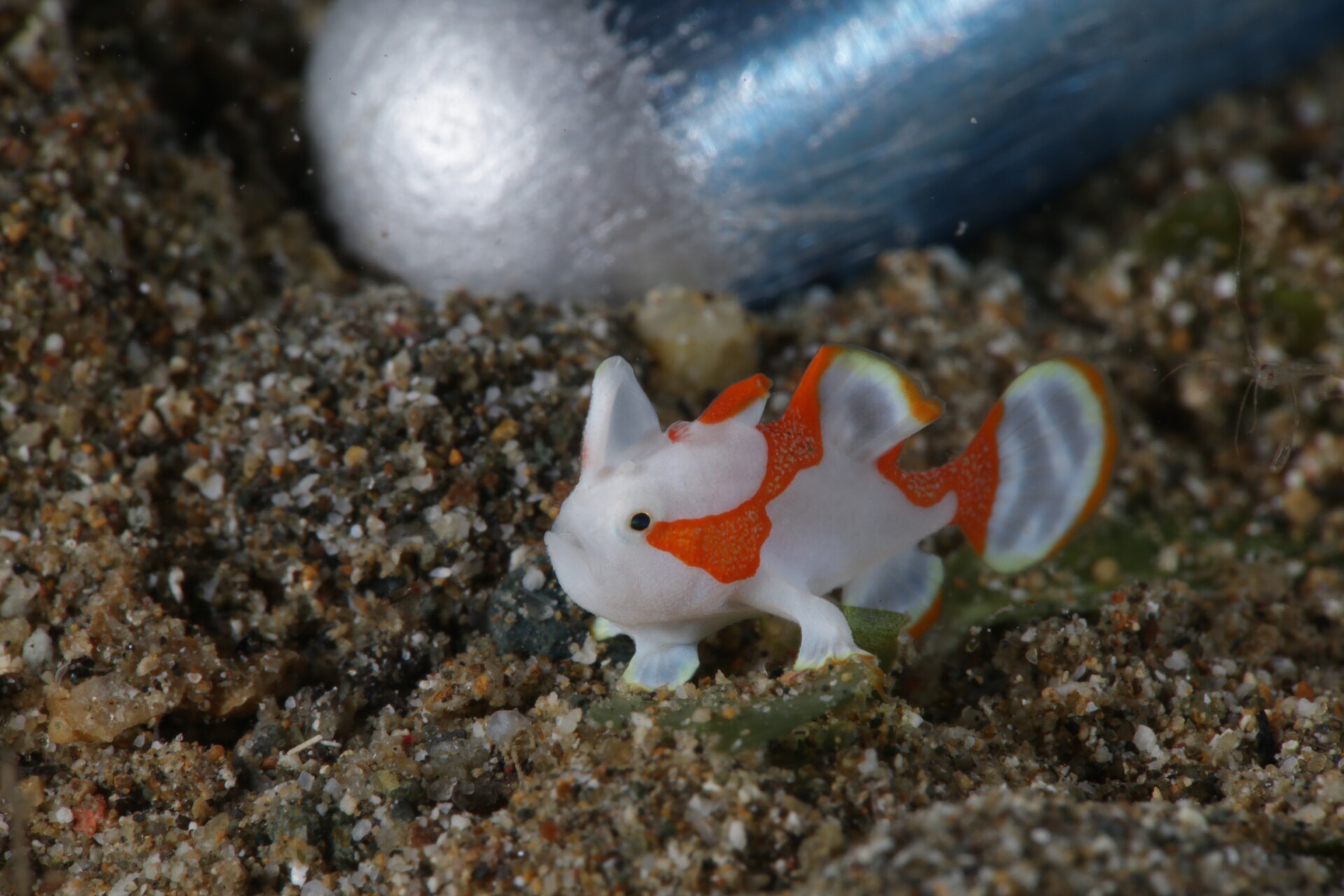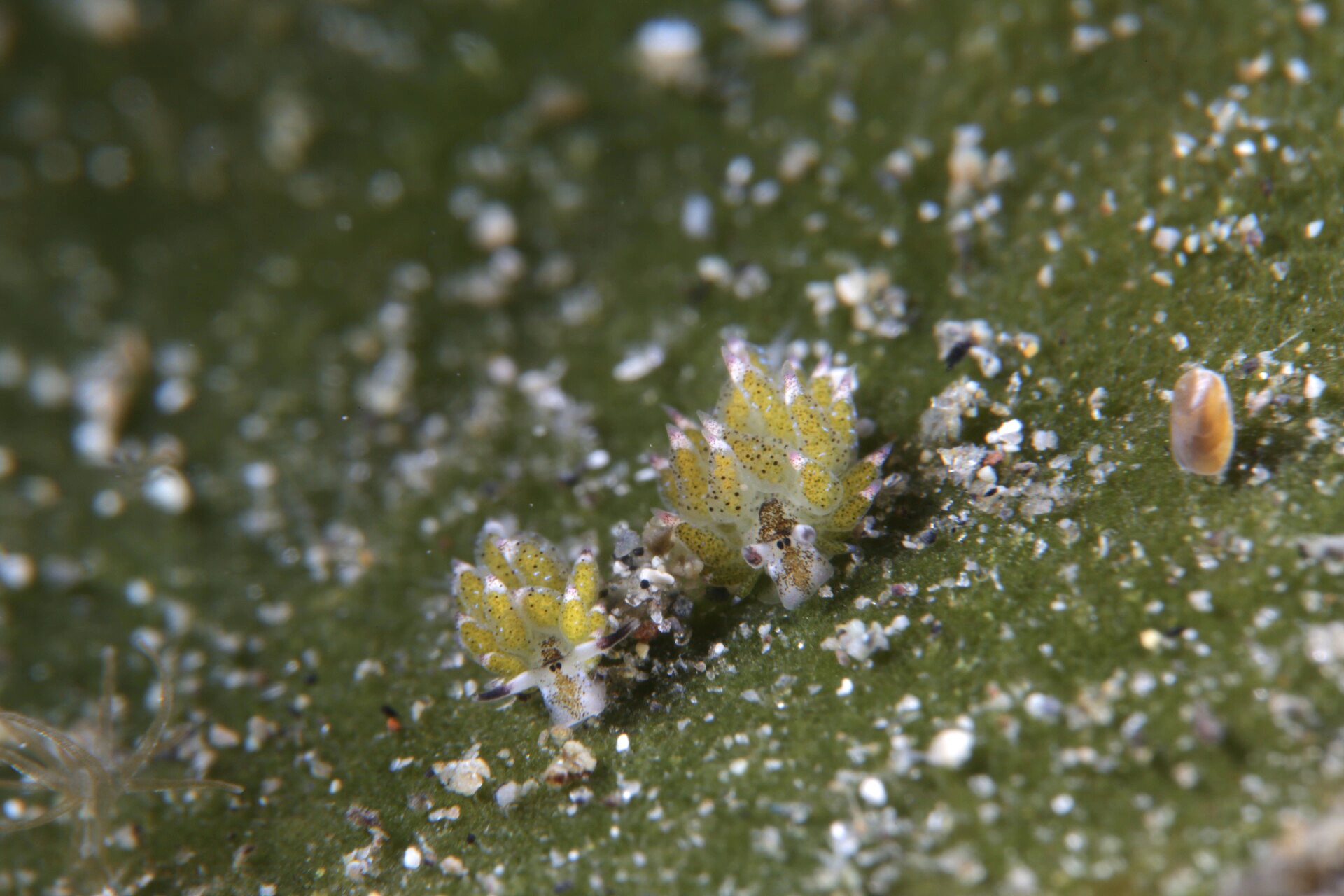It’s widely known that Wall Street jobs are stressful, facing a lot of pressure from clients and a changing dynamic in the global financial landscape. It requires a variety of essential skills – intellectual abilities, analytical skills, critical thinking, dedication and resilience.
Sirawit Klabdee landed a Wall Street job since he was a fresh man, passing through the brightest days to the gloomy days in financial markets for more than 20 years. His broad experiences range from financial advisory, investment banking, business development to investor relations. Today, Sirawit leads the Investor Relations division at dtac with key responsibility to managing communication between the Company’s corporate management and its investors.
“Essentially adopting a growth mindset is a pre-requisite to develop a firm foundation of financial professionals today. And the secret sauce in developing growth mindset of me is my hobby – diving,” Sirawit said.
In his early age, he followed his parents to live and study in many parts of Thailand. Phuket was one of those provinces which began his journey to exploring marine lives.
“In 1989, Phuket’s beaches were extraordinarily beautiful. They featured deep blue seas, turquoise reefs and beautiful white sandy beaches, unlike today. I had an opportunity to go snorkeling and found that the seafloor is a vast playground of underwater world. That first triggered me to be obsessed with fascinating underwater world and was trying to go deeper.” He added.
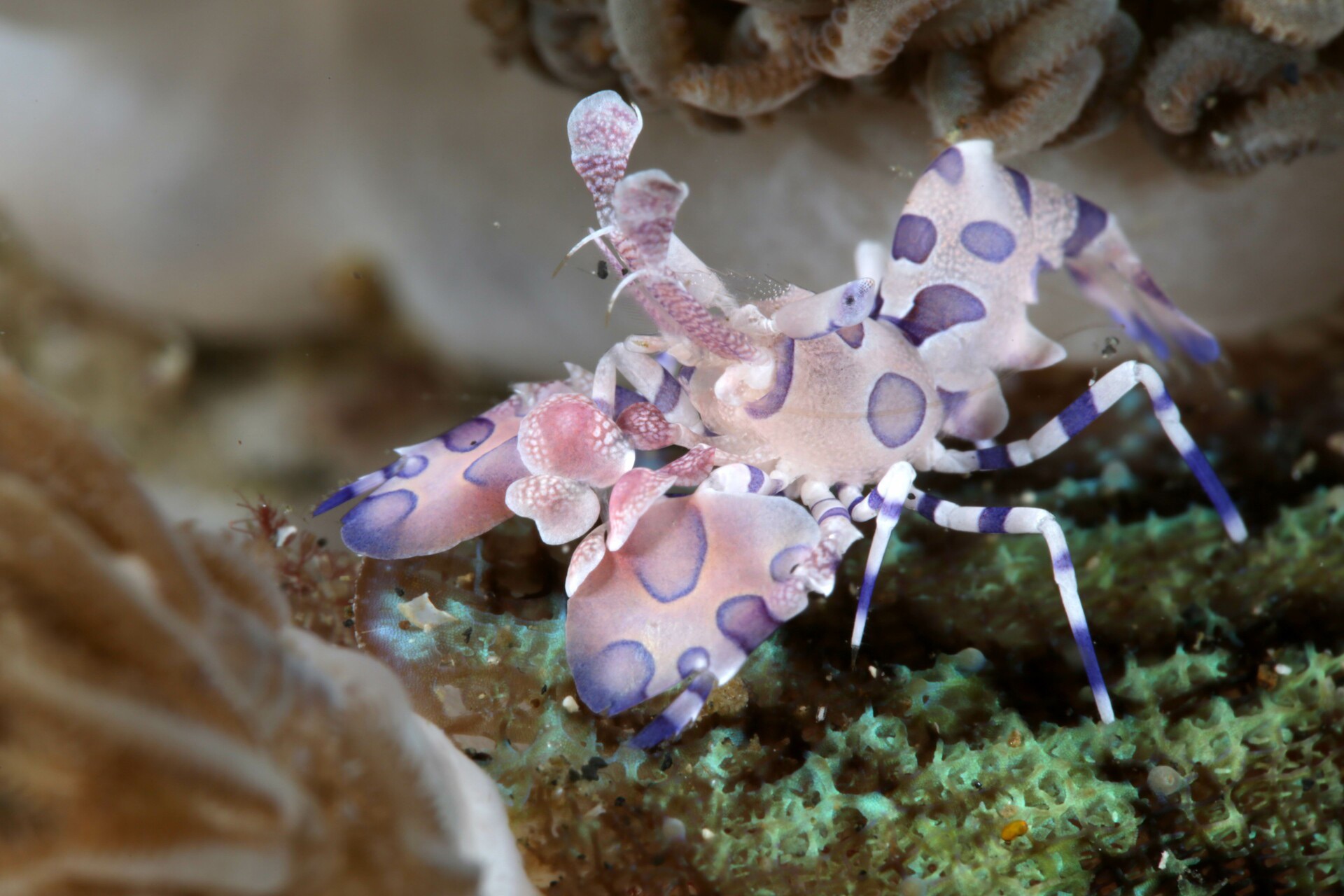 First dip deeper in the ocean
First dip deeper in the ocean
Many years later, he was getting more serious with underwater exploration. He took a scuba diving course, which allowed him to go over the edge and see what was in the deep water beyond at a closer look.
“In the very first time in the open ocean, it can simply feel discomfort from fears and anxiety for new divers. And it happened to me either. It was completely different from theory and pool session. I had some limited range of sight due to murky water. I even couldn’t see my hands in front of my mask. To me consciousness and optimism are key to cope with those tough time. Don’t panic,” Sirawit reiterated.
Despite many dangers and difficulties associated with plunging deep underwater, it seems that humans consistently maintain an interest in lives at the extremes like scuba diving. It entails a special risks and dangers, ranging from decompression sickness and low visibility. Therefore, planning and consciousness are the keys in handling with any circumstances coming across and going through those tough times. Embracing changes is also important.
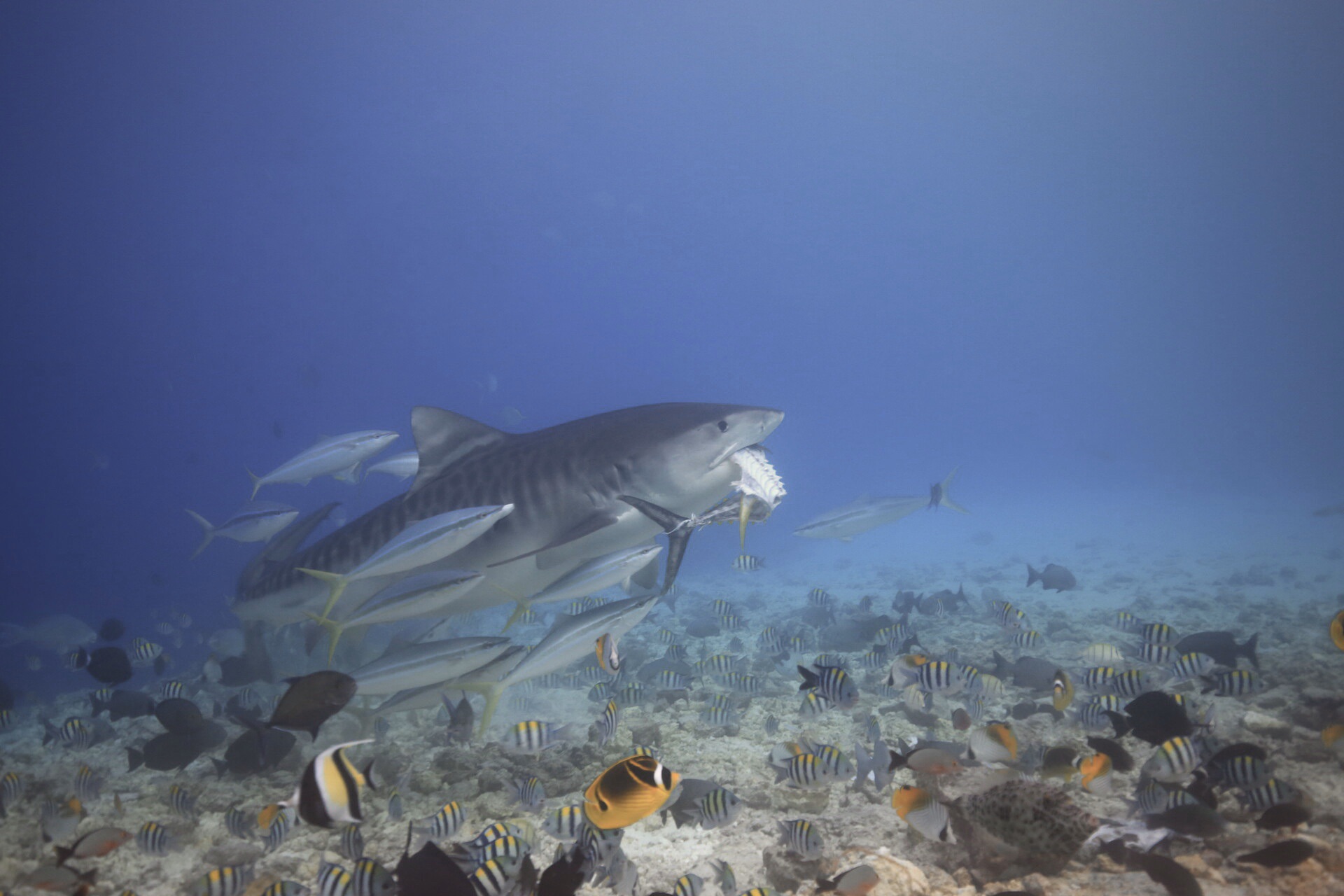 Develop growth mindset through scuba diving
Develop growth mindset through scuba diving
My favorite sort of diving is muck diving. It involves slowly and patiently exploring the sandy bottom for creatures and critters that make their home there. In fact, those rare little marine lives truly inspired him to capture them on a camera. And he has various collections of those exotic critters.
“If we set a mission to find a rare species of little creatures. We need to do research and study their living location, behavior and food to make a better chance of spotting them. Similar to work condition, we need to do research, plan and think strategically to get things done effectively. Go beyond your limits. It’s a baseline to any situation. Like free diving, it also involves reaching human ability through practices and capability development. That’s what we called growth mindset, the ability to learn and to improve yourself in many aspects. Be a better version of you.”
“Curiosity cultivates self-development. It’s the lesson learned from scuba diving. Fear and anxiety while scuba diving are like what happen in work conditions. To champion those challenges, self-awareness will help you improve your judgement, and a well-planning and thorough deliberation will help you adapt to changing situations, ultimately leading to self-improvement.”
“When we face any difficulties, I suggest you step back to have a big picture of the situation and analyze surrounding factors. Don’t frighten yourself and limit your possibility. It’s all about mindset.” He added.
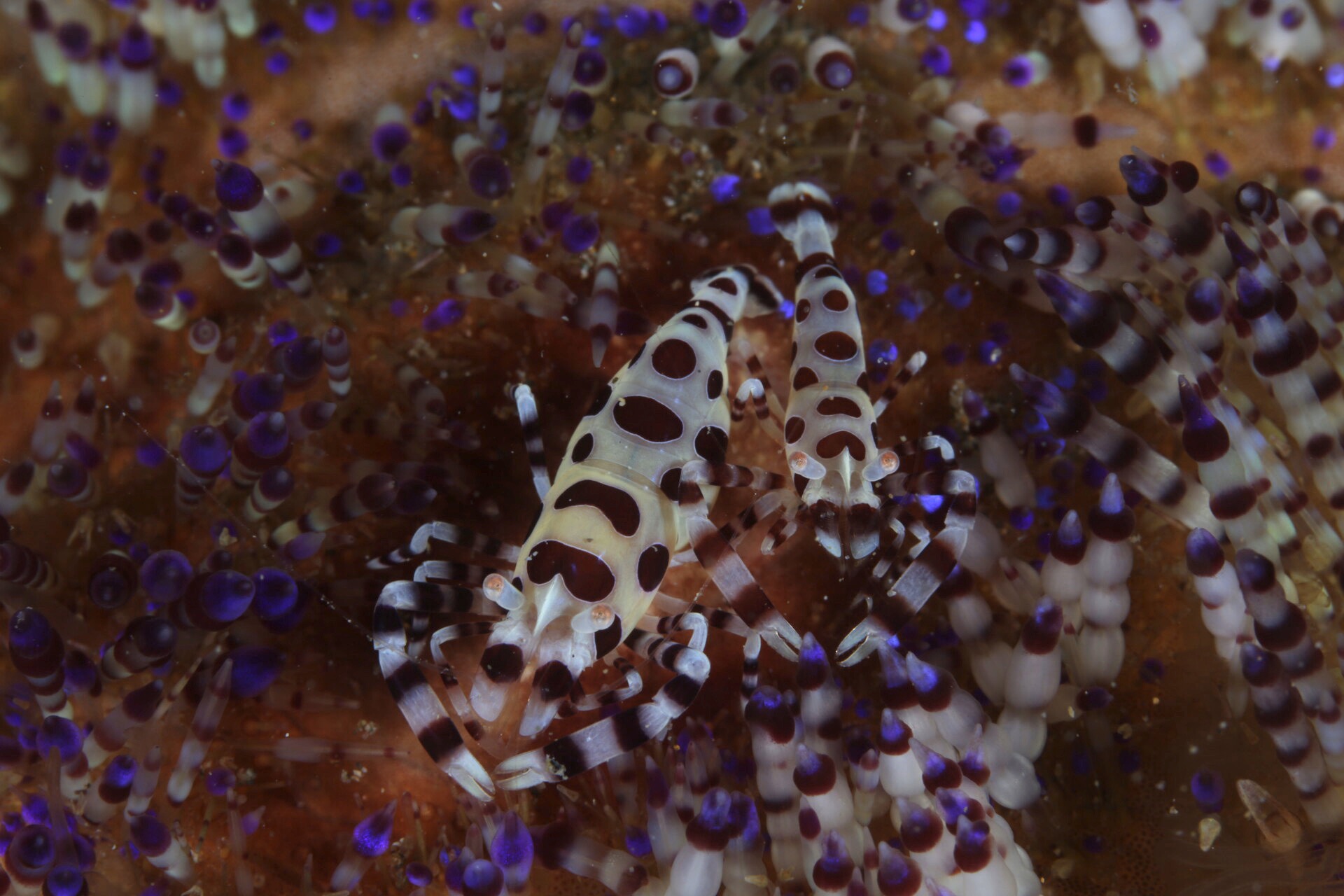 No dive is the same
No dive is the same
“Every destination brings its own charm similarly to underwater world. You will have a great experience getting to see different kinds of little creatures you will never or rarely find in the other parts of the world,” Sirawit said.
Lembeh Strait is his most favorite diving spot. It’s a narrow strait separating island of Sulawesi and Lembeh, which is known for its abundant and colorful marine lives. It’s a heaven of muck divers. In Thailand, Similan Islands, Surin Islands and Andaman sea are also his top of mind diving spots.
“Over 19 years of diving experiences, I obviously witness the worsening situation of underwater with trash dump and a decline in abundance. A number of sharks spotted underwater have been plummeting over time. It’s also a turning point in my life by banning shark fin since the day I started scuba diving.”
Today, Sirawit remains hungry for a new diving spot, exploring the rest of the world, such as Papua New Guinea, Galapagos Islands, Red Sea and Fiji Islands.
Discovering underwater world is truly an incredible experience and completely different from the earth as you know it. Find marine lives you have never witnessed with you own eyes before! This is the secret of developing a growth mindset by Sirawit.
